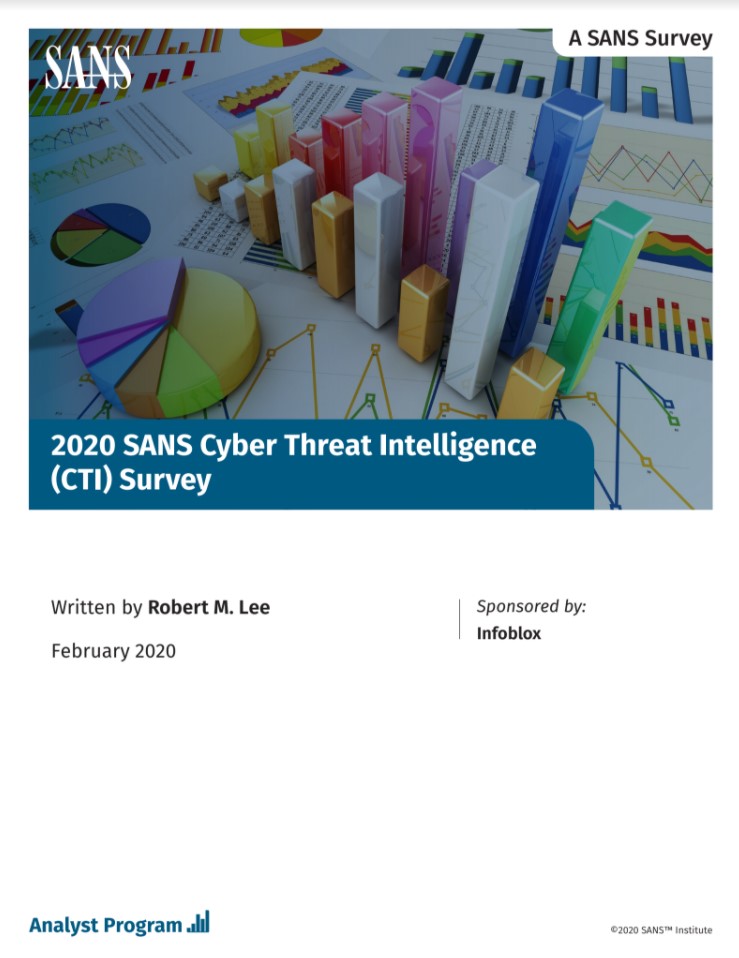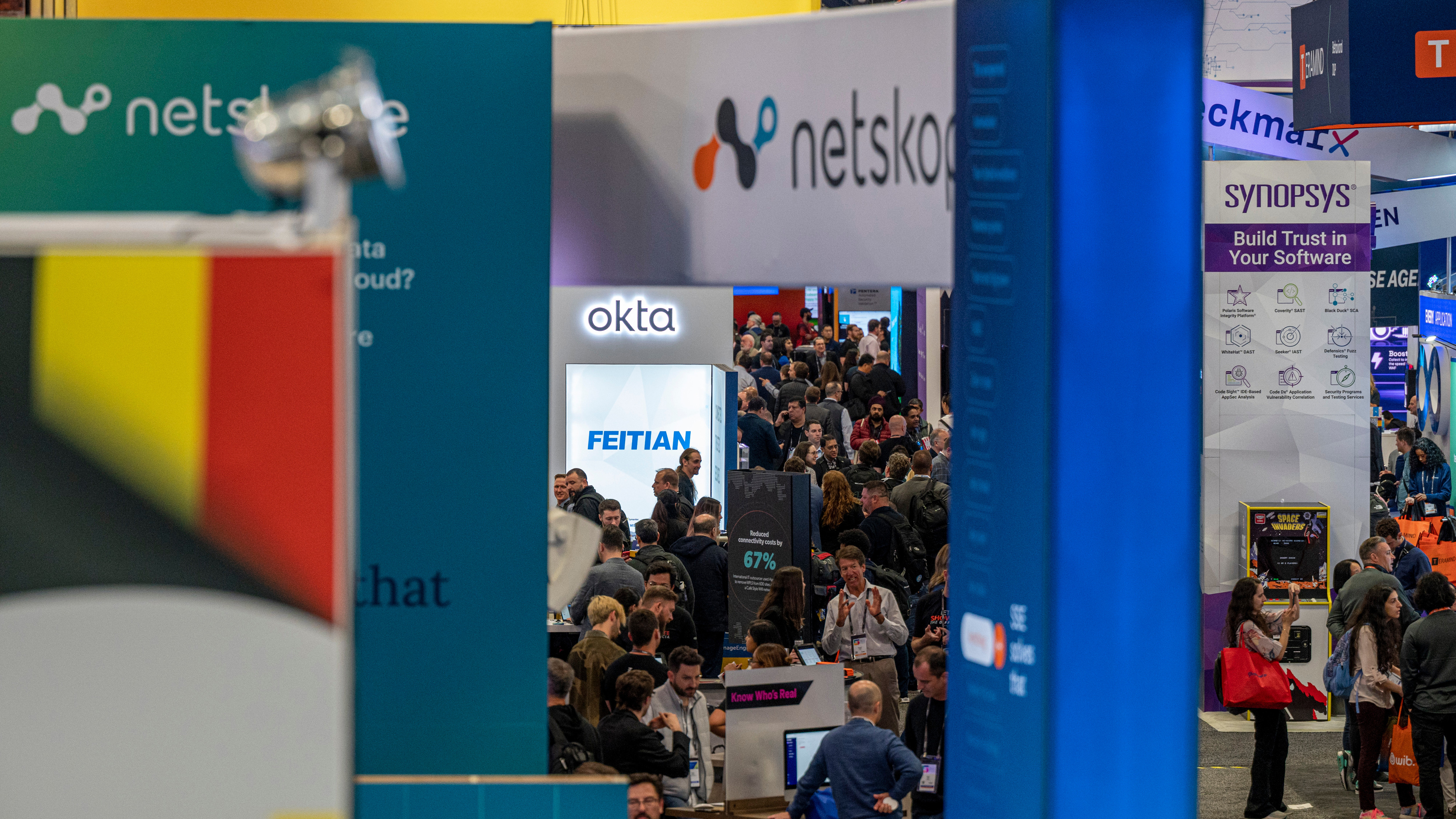REvil hacking group says it has made more than $100m in a year
Gang behind Travelex hack says it hopes to earn $2 billion from ransomware as a service


Hackers behind the REvil ransomware have claimed to have made more than $100 million in one year from extorting large businesses.
Not satisfied with their ill-gotten wealth, the group wants to make $2 billion with its ransomware as a service business, a representative for the hacking group told a Russian tech blog, as reported by Bleeping Computer.
Russian blog OSNIT claims to have interviewed the REvil representative, who uses the aliases "UNKN" or "Unknown" on criminal forums, discussing some of the group's activities and its plans for the future.
The gang, which were first spotted in early 2019, operates an as-a-service model, where it supplies and manages file-encrypting malware to paying customers. For every successful ransomware attack using this service, the REvil group takes a cut of around 20-30%.
Customers are alleged to have success attacking airports, charities, and businesses across the globe over the past year. Attacks on law firm Grubman Shire Meiselas and Sacks in May, where large volumes of client data, most of which belonged to celebrities, was accessed.
However, the group's most high-profile attack was that against Travelex in January, which crippled its services for most of the year and is considered to be one of the reasons why the company went into administration in August.
According to Unknown, attackers using REvil ransomware took just three minutes to breach Travelex's systems by exploiting a vulnerability in Pulse Secure VPN. This, they said, was left unpatched for months despite a fix being available.
Get the ITPro daily newsletter
Sign up today and you will receive a free copy of our Future Focus 2025 report - the leading guidance on AI, cybersecurity and other IT challenges as per 700+ senior executives
REvil, which is short for 'Evil Ransomware', have used their stolen wealth to search for new distributors by depositing $1 million in bitcoin on a Russian forum. The move is designed to highlight how much profit can be made from ransomware in a bid to find "new blood" in the profession, according to Unknown.
RELATED RESOURCE

2020 Cyber Threat Intelligence (CTI) survey
How to measure the effectiveness of your CTI programme
The group initially made its money from encrypting files, including any backups, in an attempt to get victims to pay for its release. However, stealing and threatening to leak data on the web has proven to be a far more lucrative tactic over the last year, with companies more fearful of reputational damage than the financial cost. According to Unknown, this is now a primary tactic of the REvil group.
As for future activities, it was also claimed that affiliates have hit the network of a "major gaming company", which the group will reveal "soon".
Bobby Hellard is ITPro's Reviews Editor and has worked on CloudPro and ChannelPro since 2018. In his time at ITPro, Bobby has covered stories for all the major technology companies, such as Apple, Microsoft, Amazon and Facebook, and regularly attends industry-leading events such as AWS Re:Invent and Google Cloud Next.
Bobby mainly covers hardware reviews, but you will also recognize him as the face of many of our video reviews of laptops and smartphones.
-
 What to look out for at RSAC Conference 2025
What to look out for at RSAC Conference 2025Analysis Convincing attendees that AI can revolutionize security will be the first point of order at next week’s RSA Conference – but traditional threats will be a constant undercurrent
By Rory Bathgate
-
 Ransomware attacks are rising — but quiet payouts could mean there's more than actually reported
Ransomware attacks are rising — but quiet payouts could mean there's more than actually reportedNews Ransomware attacks continue to climb, but they may be even higher than official figures show as companies choose to quietly pay to make such incidents go away.
By Nicole Kobie
-
 Ransomware attacks are rising — but quiet payouts could mean there's more than actually reported
Ransomware attacks are rising — but quiet payouts could mean there's more than actually reportedNews Ransomware attacks continue to climb, but they may be even higher than official figures show as companies choose to quietly pay to make such incidents go away.
By Nicole Kobie
-
 Cleo attack victim list grows as Hertz confirms customer data stolen – and security experts say it won't be the last
Cleo attack victim list grows as Hertz confirms customer data stolen – and security experts say it won't be the lastNews Hertz has confirmed it suffered a data breach as a result of the Cleo zero-day vulnerability in late 2024, with the car rental giant warning that customer data was stolen.
By Ross Kelly
-
 ‘Phishing kits are a force multiplier': Cheap cyber crime kits can be bought on the dark web for less than $25 – and experts warn it’s lowering the barrier of entry for amateur hackers
‘Phishing kits are a force multiplier': Cheap cyber crime kits can be bought on the dark web for less than $25 – and experts warn it’s lowering the barrier of entry for amateur hackersNews Research from NordVPN shows phishing kits are now widely available on the dark web and via messaging apps like Telegram, and are often selling for less than $25.
By Emma Woollacott
-
 Healthcare systems are rife with exploits — and ransomware gangs have noticed
Healthcare systems are rife with exploits — and ransomware gangs have noticedNews Nearly nine-in-ten healthcare organizations have medical devices that are vulnerable to exploits, and ransomware groups are taking notice.
By Nicole Kobie
-
 Alleged LockBit developer extradited to the US
Alleged LockBit developer extradited to the USNews A Russian-Israeli man has been extradited to the US amid accusations of being a key LockBit ransomware developer.
By Emma Woollacott
-
 February was the worst month on record for ransomware attacks – and one threat group had a field day
February was the worst month on record for ransomware attacks – and one threat group had a field dayNews February 2025 was the worst month on record for the number of ransomware attacks, according to new research from Bitdefender.
By Emma Woollacott
-
 CISA issues warning over Medusa ransomware after 300 victims from critical sectors impacted
CISA issues warning over Medusa ransomware after 300 victims from critical sectors impactedNews The Medusa ransomware as a Service operation compromised twice as many organizations at the start of 2025 compared to 2024
By Solomon Klappholz
-
 Warning issued over prolific 'Ghost' ransomware group
Warning issued over prolific 'Ghost' ransomware groupNews The Ghost ransomware group is known to act fast and exploit vulnerabilities in public-facing appliances
By Solomon Klappholz